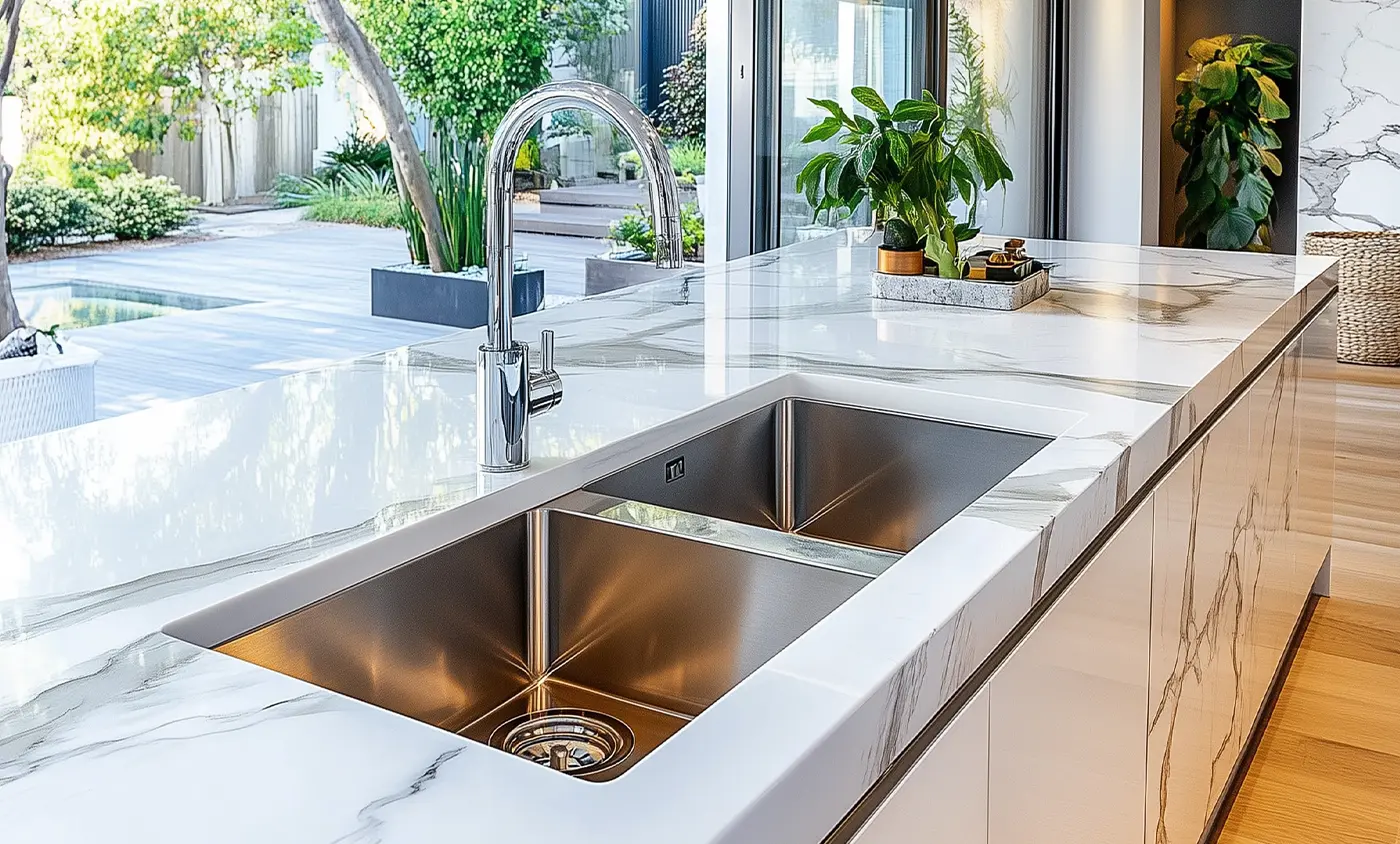

What are the specifics of a kosher kitchen renovation
The renovation of a kosher kitchen requires a specific approach to meet the requirements of kashrut, which imposes a strict separation between the preparation areas for meat and dairy products.
Here are the main specifics:
For a kosher kitchen, non-porous materials help prevent the absorption of food residue.
Here are some recommended choices:
In short, renovating a kosher kitchen requires careful planning, potentially higher investments in duplicate equipment, and close coordination with experts to ensure that all kashrut standards are met.


